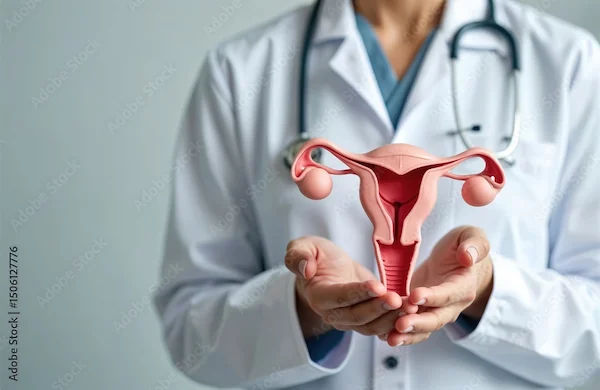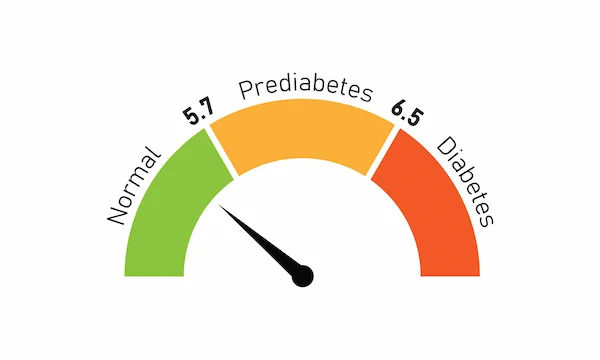Causes of Cardiovascular Disease Explained
Understand the main causes of cardiovascular disease, including high blood pressure, cholesterol, smoking, diabetes, obesity, and poor diet. Learn how these risk factors contribute to heart and blood vessel problems.

.webp?tr=q-80,f-webp,w-350,dpr-2,c-at_max 700w)
Cardiovascular disease (CVD) is a term that refers to a group of conditions affecting the heart and blood vessels. It is one of the leading causes of death worldwide, but the good news is that many of its causes are preventable. By understanding what leads to CVD, you can take steps to protect your heart health.
What is Cardiovascular Disease?
Cardiovascular disease includes conditions such as:
Coronary artery disease (CAD): Blockages in the heart’s blood vessels.
Heart failure: When the heart can’t pump blood effectively.
Arrhythmias: Irregular heartbeats.
Stroke: Caused by blocked or burst blood vessels in the brain.
These conditions often develop over time due to various risk factors.
Key Causes of Cardiovascular Disease
Here are some of the causes of cardiovascular disease:
1. High Blood Pressure (Hypertension)
High blood pressure puts extra strain on your heart and blood vessels, making them weaker over time. If left uncontrolled, it can lead to heart attacks, strokes, and kidney problems.
2. High Cholesterol
Cholesterol is a fatty substance in your blood. When "bad" (LDL) cholesterol builds up in your arteries, it forms plaques that narrow or block blood flow, increasing the risk of heart disease.
3. Smoking and Tobacco Use
Chemicals in tobacco damage blood vessels, reduce oxygen in the blood, and increase plaque buildup. Even secondhand smoke can contribute to heart disease.
4. Diabetes
High blood sugar levels damage blood vessels and nerves controlling the heart. People with diabetes are at a higher risk of developing heart disease.
5. Obesity and Poor Diet
Being overweight, especially around the waist, increases the risk of heart disease. A diet high in processed foods, trans fats, salt, and sugar contributes to high cholesterol, high blood pressure, and diabetes.
Consult Top Heart Specialists
6. Lack of Physical Activity
A sedentary lifestyle weakens the heart and blood vessels, leading to weight gain, high blood pressure, and poor circulation.
7. Excessive Alcohol Consumption
Drinking too much alcohol raises blood pressure and can lead to heart failure or irregular heartbeats.
8. Stress and Mental Health
Chronic stress increases inflammation and blood pressure, which can harm the heart. Conditions like depression and anxiety also contribute to poor heart health.
9. Family History and Genetics
If close relatives have had heart disease, your risk may be higher. Some genetic conditions also affect cholesterol levels and heart function.
10. Age and Gender
The risk of heart disease increases with age. Men are generally at higher risk earlier in life, while women’s risk rises after menopause.
How Does Cardiovascular Disease Affect Your Health?
CVD can lead to serious complications, including:
Heart attack: When blood flow to the heart is blocked.
Stroke: When blood flow to the brain is interrupted.
Peripheral artery disease (PAD): Reduced blood flow to limbs, causing pain and infections.
Heart failure: The heart can’t pump enough blood, leading to fatigue and breathing difficulties.
How Can You Reduce Your Risk?
Here are some ways in which you can reduce your risk:
1. Eat a Heart-Healthy Diet
Include fruits, vegetables, whole grains, and lean proteins.
Reduce salt, sugar, and processed foods.
Choose healthy fats like olive oil, nuts, and fish.
2. Stay Active
Aim for at least 30 minutes of moderate exercise (walking, cycling, swimming) most days.
Even small changes, like taking the stairs, help!
3. Quit Smoking and Limit Alcohol
Seek support to quit smoking.
If you drink, do so in moderation (1 drink/day for women, 2 for men).
4. Manage Stress
Practice relaxation techniques like meditation, deep breathing, or yoga.
Stay socially connected and seek help for anxiety or depression.
5. Regular Health Check-ups
Monitor blood pressure, cholesterol, and blood sugar levels.
Early detection helps prevent complications.
When to See a Doctor?
Consult a doctor immediately if you experience:
Chest pain or discomfort
Shortness of breath
Dizziness or fainting
Irregular heartbeat
Swelling in legs
Conclusion
Cardiovascular disease is largely preventable with the right lifestyle choices. If you have concerns about your heart health, Apollo 24|7 offers expert consultations and diagnostic tests to help you stay on track.
By making small, consistent changes, you can significantly reduce your risk and enjoy a longer, healthier life.
Consult Top Heart Specialists
Consult Top Heart Specialists

Dr. Zulkarnain
General Physician
2 Years • MBBS, PGDM, FFM
Bengaluru
PRESTIGE SHANTHINIKETAN - SOCIETY CLINIC, Bengaluru

Dr. Anand Ravi
General Physician
2 Years • MBBS
Bengaluru
PRESTIGE SHANTHINIKETAN - SOCIETY CLINIC, Bengaluru

Dr. Tripti Deb
Cardiologist
40 Years • MBBS, MD, DM, FACC, FESC
Hyderabad
Apollo Hospitals Jubilee Hills, Hyderabad

Dr. Bhukya Pavan Kalyan
General Physician
5 Years • MBBS DNB Paediatrics
Bengaluru
PRESTIGE SHANTHINIKETAN - SOCIETY CLINIC, Bengaluru
Dr Moytree Baruah
Cardiologist
10 Years • MBBS, PGDCC
Guwahati
Apollo Clinic Guwahati, Assam, Guwahati




